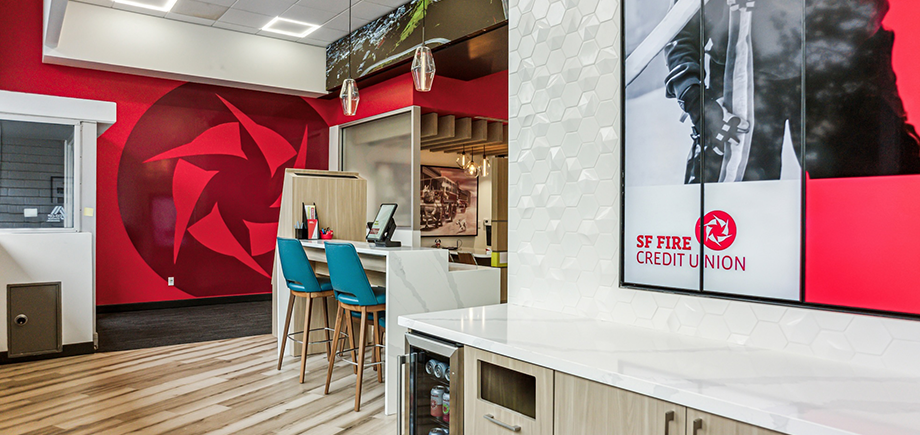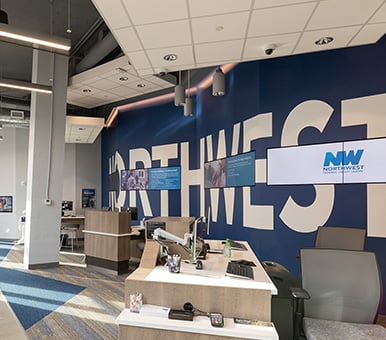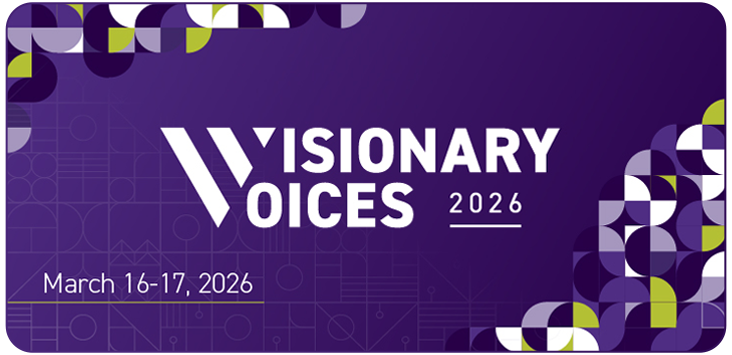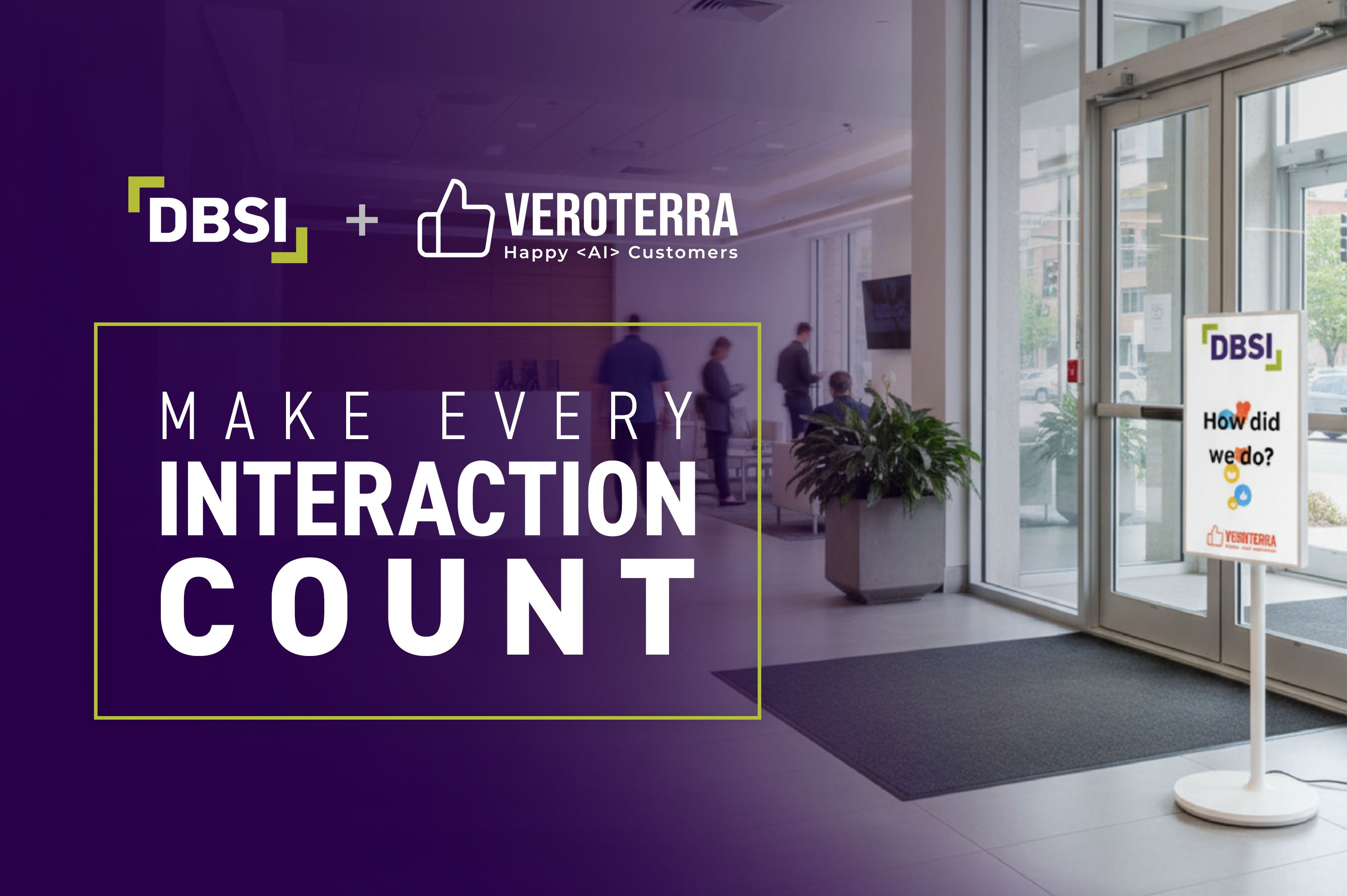4 min read
11 Ways to Align Your Marketing, Sales, and Retail Strategies
Ashley Incardone : Updated on June 13, 2023

In today’s fast-paced business world, banking and credit union teams are having to adapt quickly—not only to technological changes—but to changes in staff responsibilities and in how customers do business. The rise of online banking services, reductions in FTE at branch locations, and industry competition all present unique challenges that, when put together, create an urgency for better collaboration amongst sales, marketing, and customer service teams.
With this in mind, there are many ways you can improve operations across your organization to activate your overall strategies and meet revenue goals. Here are some you may want to consider:
1. Identify and Promote a Common, Universal Goal
Too many times, sales and marketing teams are found working in misalignment, which according to research by MarketingProfs, can cost an organization at least 10 percent each year in revenue and lead to tension and disorganization amongst team members.
You can align your teams in their efforts by first setting a universal goal and then creating a funnel to reach that goal. Add timelines and benchmarks to your funnel, leaving room for evaluation, adjustment, and ultimately—improvement.
Across the funnel, make sure to include all team members and encourage cross-collaboration. Use monthly or quarterly meetings to check progress and update goals.
2. Know Your Brand and be Able to Sell It
Branding serves as an important way for your bank or credit union to stand out from the competition. Good branding not only creates excellent value proposition, but it helps grow customer and employee trust. It’s also a well-known way to differentiate your organization in an industry that markets similar products.
Whether you’re creating a brand image for the first time or you’re on a rebranding journey, the process typically involves many stakeholders and needs to cross a variety of communications channels in order to succeed. In that context, through mutual efforts of your sales and marketing staff, you can deliver your brand message, explain your core values, and accentuate the customer experience.
3. Incorporate Digital Signage into Your Physical Branch Locations
Besides providing product and service information to customers, digital signage placed strategically at branch locations helps increase brand awareness, educate customers and employees—even provide entertainment.
Digital signage comes in a variety of types including digital display screens, interactive kiosks, video walls, discovery tablets, and more. The software that drives content to this hardware is often cloud-based (SaaS) and comes with templates and apps to assist in the set up and delivery of your content.
4. Keep Employees Up to Date with Product and Service Knowledge
As traditional roles in banking change, a higher percentage of employees will need to cross-sell your institution’s products and services. Former tellers who once handled basic banking transactions are now becoming Universal Associates; they’re opening accounts, closing loans, and advising on a variety of services.
To assure that your team members stay knowledgeable of new offerings, marketing campaigns, and sales initiatives, have a program in place to keep everyone informed. It could be as simple as regular email updates, announcements on digital display boards, or even brief weekly or biweekly meetings.
5. Empower Your Customer Service Staff
Your marketing and sales teams might have an excellent universal goal in place, but if you don’t provide customer service staff with the tools they need to market products and services, it won’t be easy to make progress.
You can empower your customer service staff and modernize your branch front lines by:
- Investing in front-end banking technologies like teller towers and flexible service spots.
- Transitioning tellers and customer service representatives to become Universal Associates.
- Establishing tablet banking technologies at branch locations.
- Providing customer service staff regular training and coaching sessions.
6. Invest in Automation Tools to Improve the Customer Experience
Thanks to marketing automation, it’s fairly easy to gather behavioral and demographic information about current and prospective customers. This information can be analyzed and used by marketing and sales to create campaigns that tap into different aspects of the consumer banking market, which is fragmenting rapidly toward digital formats—especially since the pandemic.
Overall, marketing automation can help deliver more personalized customer experiences, develop consistency across communication channels, and improve campaign ROI. If you’re not using it, now is the time to start.
7. Maintain Focus on Customer Engagement
Customer engagement involves interacting across communication channels such as email, mobile apps, direct mail campaigns, interactive kiosks, and more. By collecting data from these channels and then listening and responding to customers’ questions and comments, your teams can have enough information to build targeted messaging and create a more authentic user experience.
Depending on the quality of your team’s customer engagement, you might not only see improved sales opportunities, you might see acquisition and retention benefits that far exceed what’s achieved when conducting basic sales prospecting.
8. Use Effective Social Media Methods
Over 80 percent of people in the US are active on social media each day, so it makes sense to leverage these sites to enhance brand messaging, drive sales, and grow an active customer base.
Social media sites are also beneficial for providing branch information, sharing feedback, and gathering customer data. To maintain interest, make sure you create engaging content on a regular basis and remember to promote events, holidays, and other important branch information as needed.
For additional tips on how your staff can create good customer-facing content, click here.
9. Host Regular Alignment Meetings with Staff
To see achievement in your universal goals, make sure to schedule meetings on a regular basis between your sales and marketing teams. Biweekly or monthly meetings can give marketing staff the opportunity to release campaign information, answer questions, and talk about how to move leads on to sales platforms. These meetings are also a way for sales team members to compare leads-to-sales ratios and gauge campaign effectiveness.
10. Set Up New Sales Funnels to Accommodate Changing Business Models
Business models in banking are starting to move away from vertical integration, fragment outward, and move to non-linear models, according to research from Accenture. The group’s Future of Banking report studied digital-only banks using non-linear methods and found that their compound annual growth rates (CAGRs) were 32 percent higher than digital-only banks using traditional vertically integrated models, over a ten-year period.
This marked difference is promising for financial institutions introducing non-linear models to their teams. The potential for breakout growth and higher market valuations using these models is realistic, especially amid today’s digital revolution.
11. Improve Customer Outreach
Banking isn’t just about selling. In fact, building relationships through education is something to keep top-of-mind as you map growth strategies. With the availability and ease of online platforms, you can provide your customers informative and useful content that will boost financial literacy and increase trust, in addition to marketing your products and services.
By using a combination of the strategies above, you’ll be better equipped to not only align your marketing, sales, and retail goals but also enhance your digital presence and even capture new market segments in the near future.



































-1.png)
-4.png)
